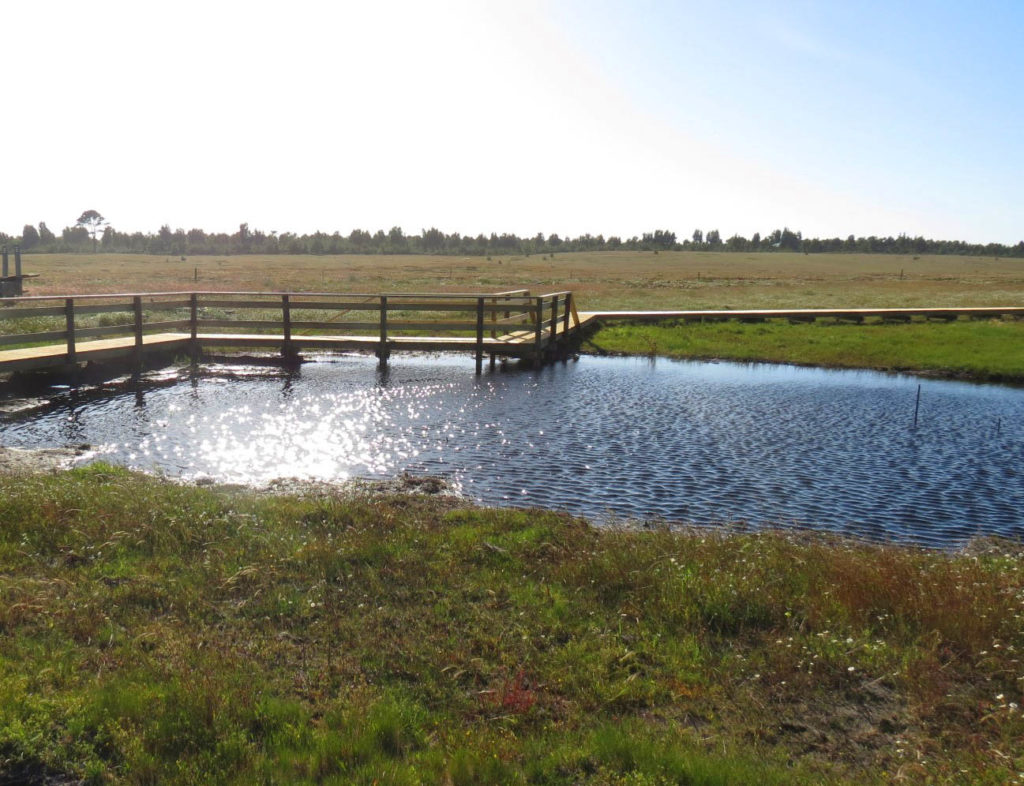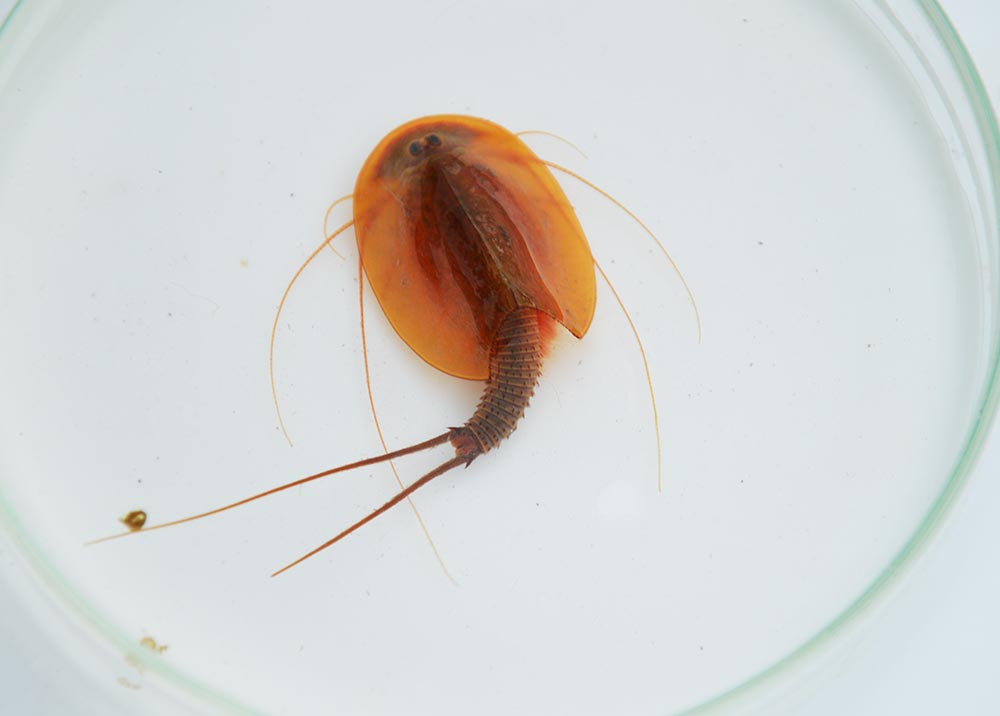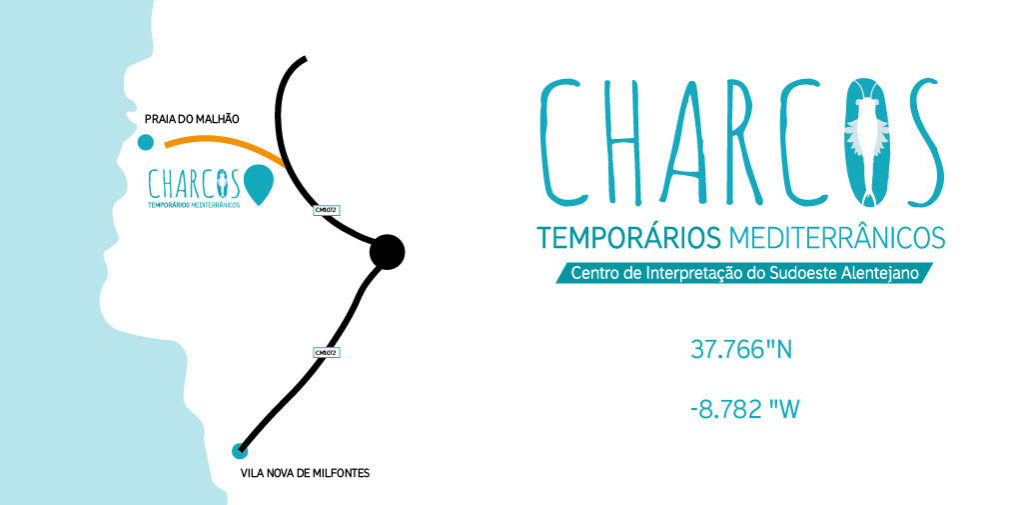 The Interpretation Center of the Mediterranean Temporary Ponds of Southwest Alentejo will be inaugurated this Monday, May 21st, at 10:00 am, at Pousadas Velhas, in Vila Nova de Milfontes.
The Interpretation Center of the Mediterranean Temporary Ponds of Southwest Alentejo will be inaugurated this Monday, May 21st, at 10:00 am, at Pousadas Velhas, in Vila Nova de Milfontes.
This is an initiative of the Municipality of Odemira and the League for the Protection of Nature (LPN), which results from the LIFE Charcos project, which aims to promote conservation, information and awareness of local communities and tourists about the importance of Mediterranean Temporary Ponds , a habitat of great biodiversity and environmental richness.
On the following Sunday, May 27th, an Open Day for the Population will be held, starting at 10 am, with guided tours to the participants.
For more information to participate in this initiative, contact the organization via e-mail [email protected].
This Interpretation Center was installed in a complex of ponds on municipal land, which is located near the access road to Malhão beach, north of Vila Nova de Milfontes.
The Mediterranean Temporary Ponds that occur on the Southwest Coast of Portugal are a natural habitat very threatened, due to their ecological fragility and lack of knowledge of their natural value.
It is on the Southwest Coast that some of the main centers of temporary ponds at national level are found. More intensive agricultural practices, changes in land use and urbanism are one of the main factors in the decline of this habitat.
The flora and fauna that occur in Temporary Ponds are very specific and adapted to the alternation of conditions between flooded and dry soil, according to the time of year, as temporary ponds are wetlands in which the permanence of water depends on annual precipitation and local hydrogeological conditions.
Some of its fauna species, namely some freshwater crustaceans, are endemic with a very small distribution area. It is the case of the Vicentinus Triops, a species of tadpole shrimp that is endemic, that is, unique in this most southwestern region of mainland Portugal.
O Vicentinus Triops it is even considered a living fossil, as it has persisted since the time when dinosaurs appeared (between 199 million and 145 million years ago). And this kind of tripods it only exists on the Costa Vicentina.
Ponds represent an essential habitat for the reproduction of amphibians, and this is the only freshwater habitat in which almost all amphibian species in the region are found.
The LIFE Charcos Project is coordinated by the League for the Protection of Nature, in partnership with the University of Évora, University of Algarve, Municipality of Odemira and the Mira Beneficiaries Association.
The project is co-financed by the LIFE Program of the European Commission, and is developed in the Site of Community Importance of the Southwest Coast, integrated in the Natura 2000 Network, the European Network of Natural Spaces.
To learn more about the importance of Temporary Ponds read this article from Sul Informação:
Project Life is already bearing its first fruits in the conservation of the Costa Vicentina ponds




















Comments